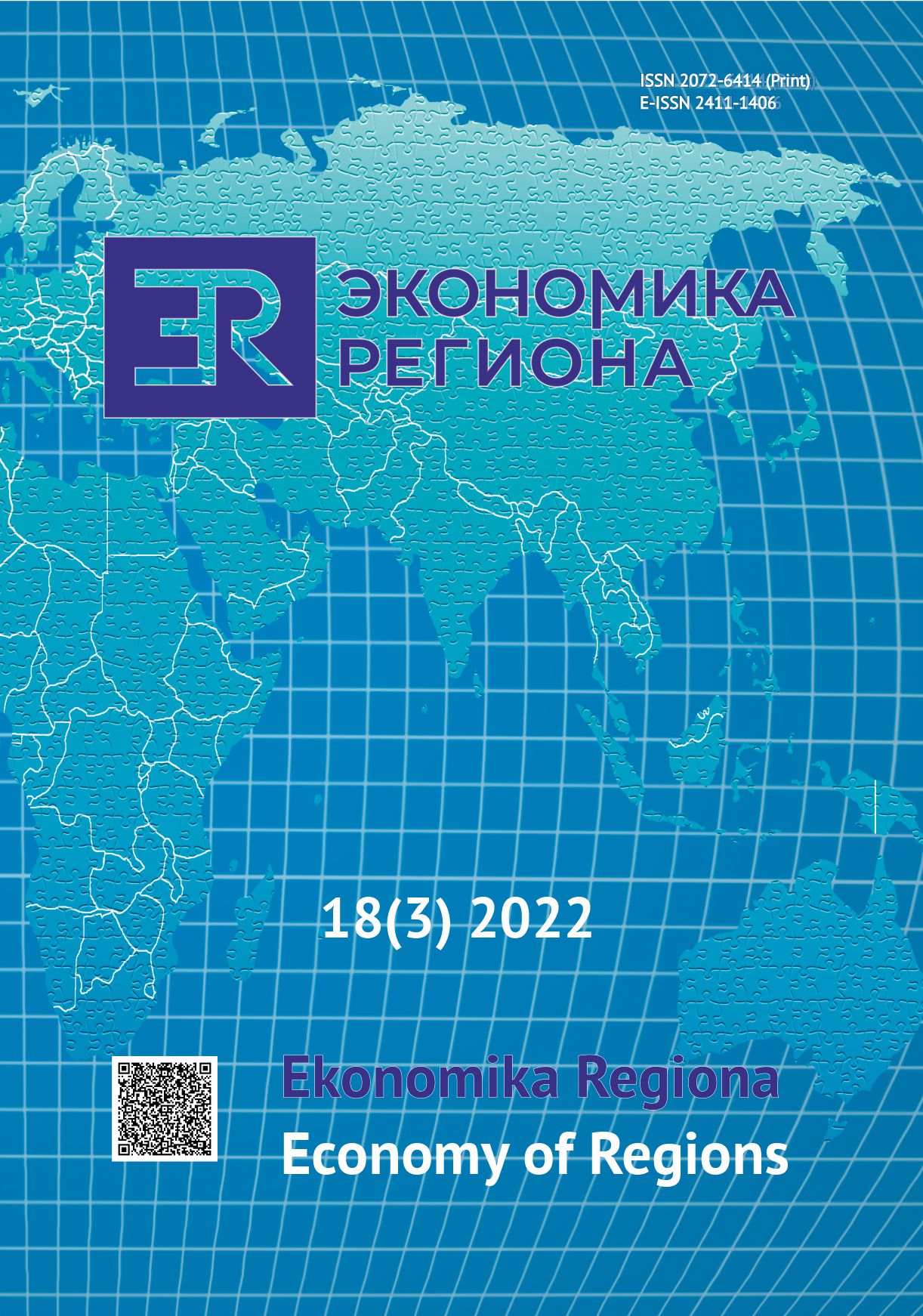Неравенство возможностей в российских регионах: объективные оценки и особенности восприятия населением
Inequality of Opportunity in Russian Regions: Objective Estimates and Population Perception
Author(s): Tatyana M. Maleva, Marina A. Kartseva, Polina Olegovna KuznetsovaSubject(s): Social development, Social differentiation, Economic development, Socio-Economic Research
Published by: Институт экономики Уральского отделения Российской академии наук
Keywords: inequality of opportunity; income inequality; perception of inequality; Russian regions;
Summary/Abstract: Income inequality driven by inequality of opportunity can lead to slower economic growth and social instability. The present paper analyses inequality of opportunity in three Russian regions, namely, Moscow, Stavropol krai and Chelyabinsk oblast. For each region, the contribution of unequal opportunities to income inequality (objective estimates), as well as the population perception of inequality of opportunity (subjective estimates) were examined. The existing estimates of inequality of opportunities in Russia at the regional and national levels were compared. Additionally, the correspondence between the subjective perception of inequality of opportunities by the population of the region and its objective estimates was considered. The research is based on the data of а sociological survey conducted by the Russian Presidential Academy of National Economy and Public Administration in 2019. Methods ensuring the comparability of the obtained estimates with the results presented in the works of Russian and foreign scientists were utilised. The contribution of inequality of opportunity at the regional level ranges from 9 to 12 % for labour income and from 7 to 13 % for average per capita income; these values are considerably lower than the national estimates reported in earlier studies. This situation can be explained, among other things, by significant interregional inequality in Russia. The composite index of subjective inequality of opportunities, constructed in accordance with people’s perception of various success factors, shows that 14–20 % of the population in the above regions consider the problem of inequality of opportunity as important or very important, and 6–11 % as very important. The conducted regression analysis shows that higher levels of education and well-being correspond to less acute perception of inequality of opportunity. No significant regional differences were found, since the perception of inequality mostly depends on individual characteristics of the respondents rather than on their place of residence. The considerable difference between the objective estimates of regional inequality of opportunity and its perception is consistent with the results of international studies. For example, the perception of inequality of opportunity in Stavropol krai is higher than in other regions, while its objective estimate, on the contrary, is lower. To form a complete picture of inequality of opportunity in Russian regions, it is necessary to conduct a survey designed to be representative at the regional level.
Journal: Экономика региона
- Issue Year: 18/2022
- Issue No: 3
- Page Range: 673-686
- Page Count: 14
- Language: Russian

